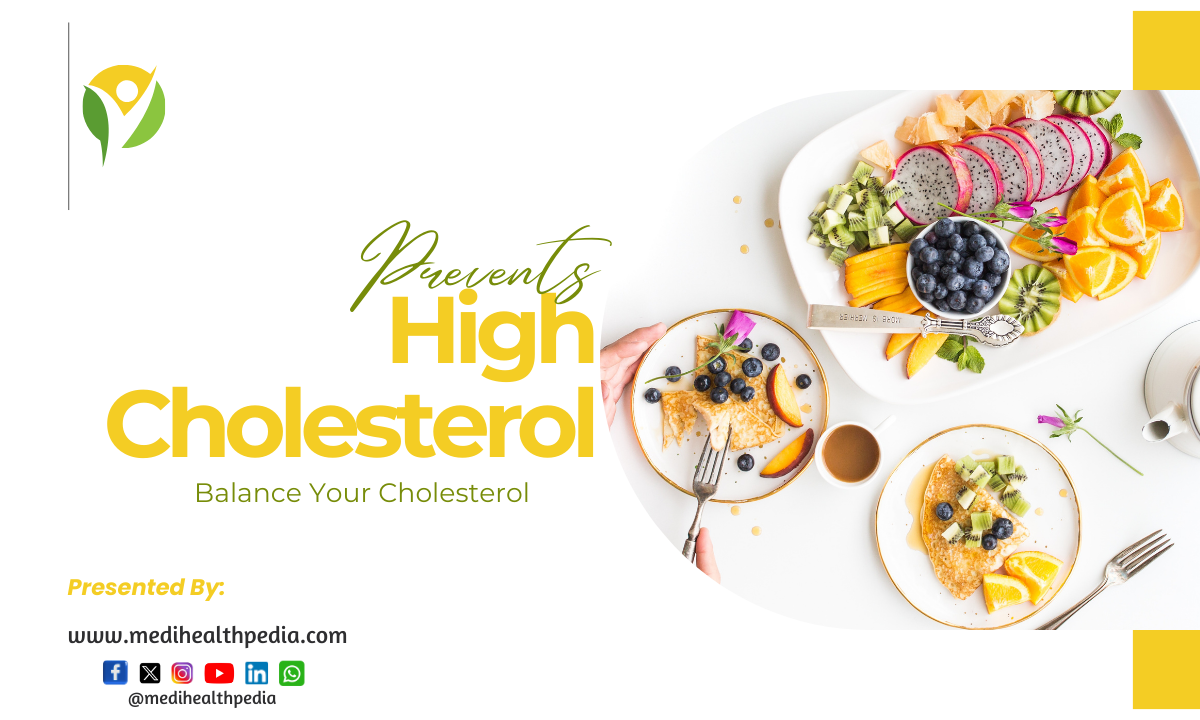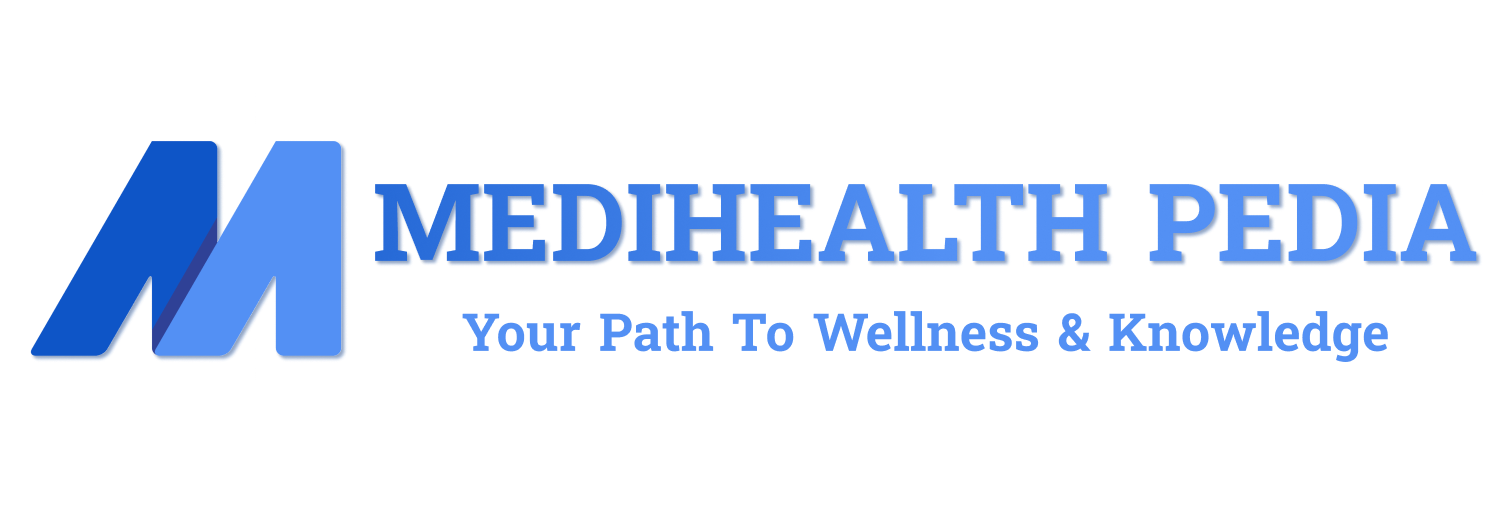Cholesterol No More: Break Free from the Chains of High Cholesterol with Simple Lifestyle Changes
- Cholesterol No More: Break Free from the Chains of High Cholesterol with Simple Lifestyle Changes
- Introduction
- Understanding Cholesterol
- Health Implications of High Cholesterol
- Risk Factors for High Cholesterol
- Prevention through Lifestyle Modifications
- Monitoring Cholesterol Levels
- Medical Interventions and Herbal Treatment Options
- The Role of Genetics in Cholesterol Management
- Empowering a Heart-Healthy Lifestyle
- Conclusion
Introduction
In today’s fast-paced and stressful world, it is essential to prioritize our health and well-being. One aspect of our health that often tends to be overlooked is cholesterol. Although cholesterol is necessary for our body to function properly, an excessive amount can have detrimental effects on our health. In this article, we will explore various aspects of cholesterol, its implications on our well-being, and effective measures to prevent high cholesterol levels.

Understanding Cholesterol
Cholesterol is a waxy substance produced by the liver and is also found in certain foods. It plays a vital role in our body by assisting in the production of hormones, digestion of fats, and construction of cell membranes. Cholesterol is transported through our bloodstream via lipoproteins, namely low-density lipoprotein (LDL) and high-density lipoprotein (HDL). However, an imbalance in these lipoproteins can lead to high cholesterol levels, which can have severe implications for our health.
Health Implications of High Cholesterol
When LDL cholesterol levels rise, it can cause plaque accumulation in the arteries, a condition known as atherosclerosis. This narrowing of the arteries restricts blood flow and oxygen supply to the heart, increasing the risk of heart disease, heart attacks, and strokes. High cholesterol levels not only impact cardiovascular health but can also affect other vital organs such as the kidneys and liver. Therefore, understanding the health implications of high cholesterol becomes crucial for maintaining overall well-being.
Risk Factors for High Cholesterol
Various factors contribute to high cholesterol levels. Unhealthy dietary choices, such as consuming trans fats and saturated fats found in processed foods, can significantly increase cholesterol levels. Additionally, a sedentary lifestyle, obesity, smoking, and excessive alcohol consumption can also contribute to elevated cholesterol levels. Furthermore, certain medical conditions such as diabetes, hypothyroidism, and kidney diseases can affect cholesterol metabolism, putting individuals at a higher risk of developing high cholesterol.
Modifiable Risk Factors:
- Unhealthy dietary choices rich in trans fats and saturated fats
- Sedentary lifestyle
- Obesity
- Smoking
- Excessive alcohol consumption
Non-modifiable Risk Factors:
- Certain medical conditions (diabetes, hypothyroidism, kidney diseases)
Prevention through Lifestyle Modifications
Preventing high cholesterol should be a priority for everyone. Adopting a heart-healthy lifestyle can significantly reduce the risks associated with high cholesterol levels. Firstly, making better dietary choices by incorporating heart-healthy foods such as fruits, vegetables, whole grains, lean proteins, and omega-3 fatty acids can help lower LDL cholesterol. Avoiding or minimizing the intake of processed foods, sugary beverages, and saturated and trans fats is equally important.
Regular physical activity is another crucial aspect of maintaining healthy cholesterol levels. Engaging in aerobic exercises, strength training, and moderate-intensity activities can enhance heart health, boost HDL cholesterol (the good cholesterol), and aid in weight management. Additionally, quitting smoking and limiting alcohol consumption are essential steps towards reducing cholesterol levels and enhancing overall well-being.
Monitoring Cholesterol Levels
Regular monitoring of cholesterol levels is vital in preventing high cholesterol. A simple blood test called a lipid panel can measure the total cholesterol, LDL cholesterol, HDL cholesterol, and triglyceride levels in the bloodstream. This test is usually recommended every four to six years for adults; however, individuals with pre-existing high cholesterol or other risk factors may require more frequent monitoring.
Understanding the results of the lipid panel allows healthcare professionals to assess an individual’s risk of developing cardiovascular diseases and tailor appropriate interventions accordingly. Monitoring cholesterol levels empowers individuals to take control of their health and make necessary adjustments to prevent the progression of high cholesterol.
Medical Interventions and Herbal Treatment Options
In some cases, lifestyle modifications alone may not be sufficient to lower cholesterol levels. In such instances, medical interventions may be necessary. Prescription medications such as statins, bile acid sequestrants, nicotinic acid, and cholesterol absorption inhibitors are commonly prescribed to manage high cholesterol. These medications target different aspects of cholesterol metabolism and help reduce LDL cholesterol levels in the bloodstream.
For those seeking alternative options, herbal treatments have gained popularity. Some herbal remedies, such as red yeast rice extract, garlic, and artichoke extract, have shown promising results in lowering cholesterol levels. However, it is important to consult with a healthcare professional before incorporating any herbal treatments to ensure their safety and effectiveness.
The Role of Genetics in Cholesterol Management
Genetics play a significant role in cholesterol management. Familial hypercholesterolemia, a genetic disorder characterized by very high LDL cholesterol levels, is passed down through generations. Individuals with this condition have a higher risk of heart disease at an earlier age. Recognizing the impact of genetic factors on cholesterol management can help healthcare professionals develop personalized treatment plans and interventions to effectively manage high cholesterol levels.
Empowering a Heart-Healthy Lifestyle
Embracing a heart-healthy lifestyle is an empowering choice that can positively impact both our present and future well-being. By understanding the importance of cholesterol, being aware of the risk factors, and actively making conscious decisions to adopt healthy habits, we can prevent the adverse effects of high cholesterol.
Incorporating regular exercise, maintaining a balanced diet, and staying well-informed about cholesterol levels through regular monitoring are key pillars of a heart-healthy lifestyle. By taking control of our health, we can reduce the risks associated with high cholesterol and enhance our overall quality of life.
Conclusion
In conclusion, high cholesterol is a significant health concern that should not be taken lightly. Its implications on cardiovascular health and overall well-being are substantial. However, by understanding cholesterol, recognizing risk factors, making lifestyle modifications, monitoring cholesterol levels, and seeking appropriate medical interventions when necessary, we can effectively prevent and manage high cholesterol levels. Empowering ourselves to lead a heart-healthy lifestyle is the first step towards a healthier future.

